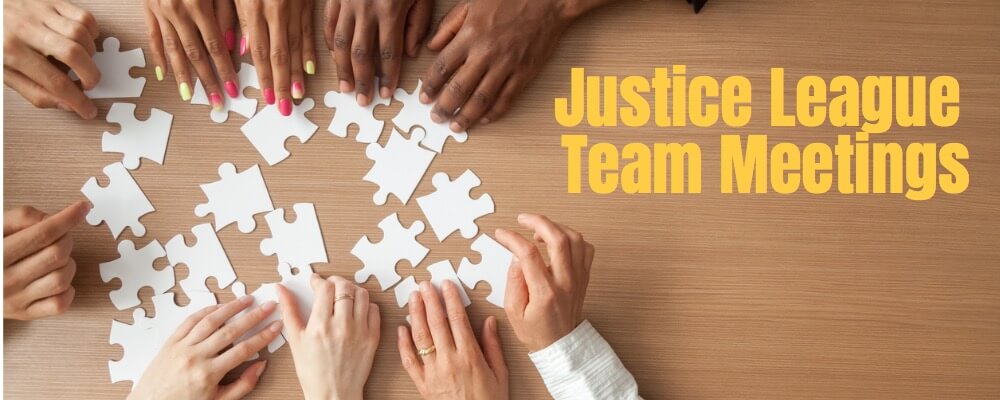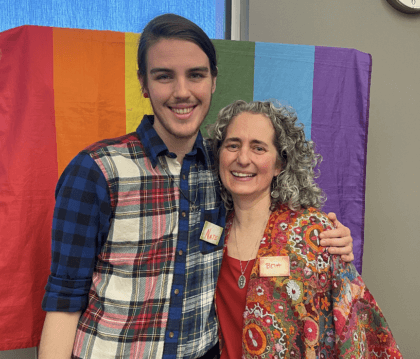Meeting Framework

“If you have come here to help me, you are wasting our time. But if you have come because your liberation is bound up with mine, then let us work together.”
– Aboriginal Activists, Queensland, 1970s
Grounded in the principals of small group ministry, the Prairie Justice League conducts its monthly meetings as literal acts of accompaniment. Our faith calls us to be agents for social change, but this kind of work can feel draining, daunting, or even disconnected from our spirituality. Our meeting format is designed to simultaneously address both the desire to grow spiritually in community and the call to transform ourselves and the world. We try to engage with the world as we know it, walk beside our partners in the community, and return to reflect, recharge, and renew our commitments. Using this format encourages us to focus more on spiritual and social transformation and less on tasks, campaigns, and the roller coaster of political wins and losses. During our Prairie Justice League meetings, we take risks, make mistakes, learn together, and deepen our experience of social change and spiritual growth, as well as the connections between the two.
We typically meet after church at a library or a gracious member’s home. Dressed comfortably, we partake in snacks and catch up with one another for a few minutes before we get started. Our meeting agenda is as follows:
First Hour
- Chalice Lighting – One person brings words for lighting at beginning of the meeting; this can be a prayer, a poem, or even spontaneous prose
- Tenets of Accompaniment – We embrace and recite tenets for accompanying for social change
- Spiritual Practice – Another person brings a Spiritual Practice for the group to engage in together; we’ve shared practices such as meditation, sketching, free writing, mindful eating, tai chi walking and more
- Sharing – Another person shares an experience related to a social justice issue of focus that created an emotional shift for the storyteller, enough to make her or him feel profoundly connected to something larger than herself or himself; we’ve shared on topics ranging from mental illness to police violence to homelessness to gender discrimination, and more
- Group Reflection – after deep and present listening and a time of silence, group members reflect on the story as it has been told, describing feelings, lessons, connections, and potential actions toward social change
Second Hour
Business – during this loosely structured time, we share information and discuss personal and collective action plans, including but not limited to writing letters and emails, attending lectures and fundraisers, and participating in rallies and marches. We also plan for Service Sundays and upcoming Learning Hours that we are slated to lead.
Closing Words and Extinguishing the Chalice – another person brings words for extinguishing the chalice and bringing the meeting to a close.

